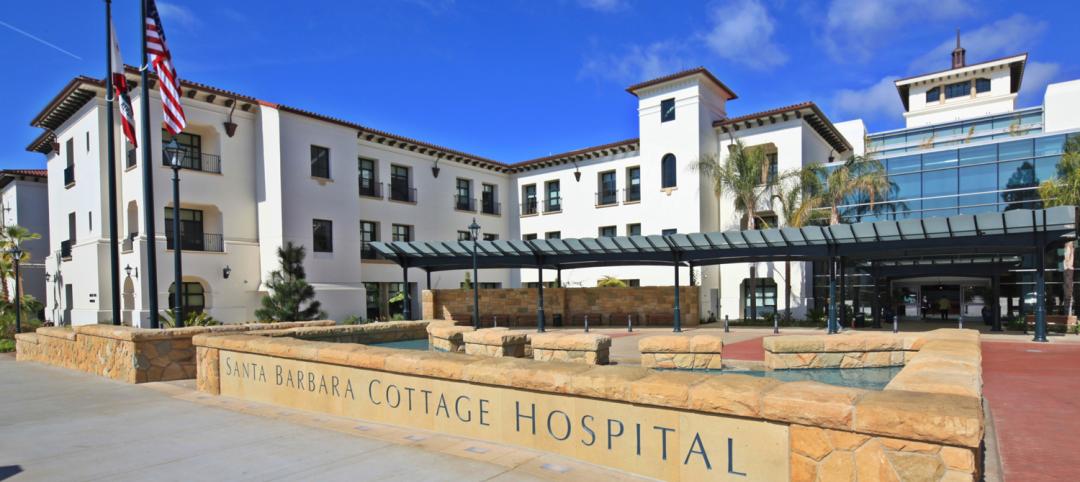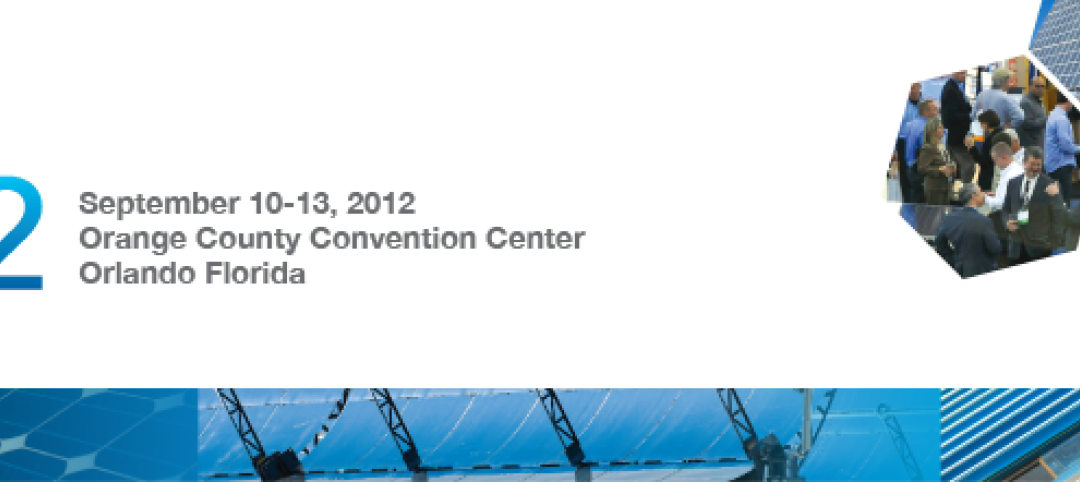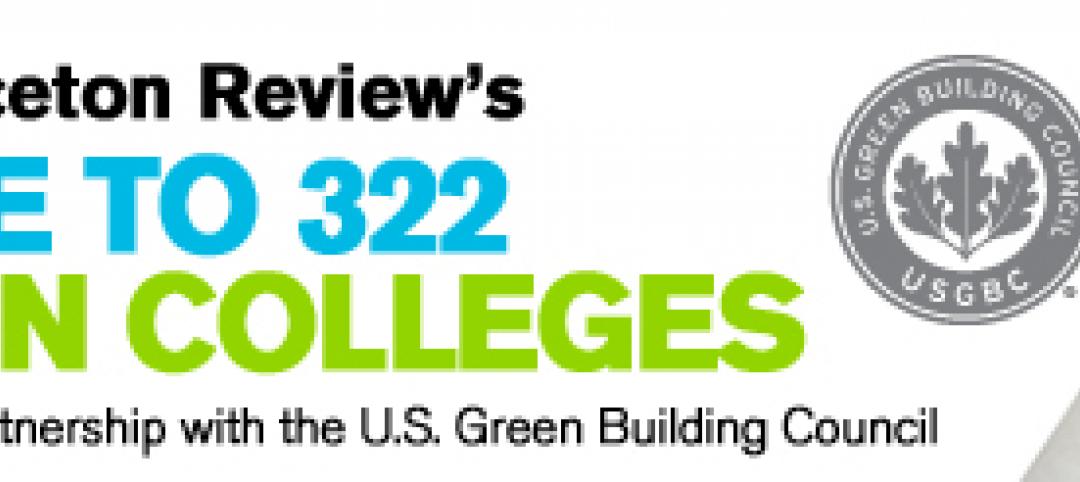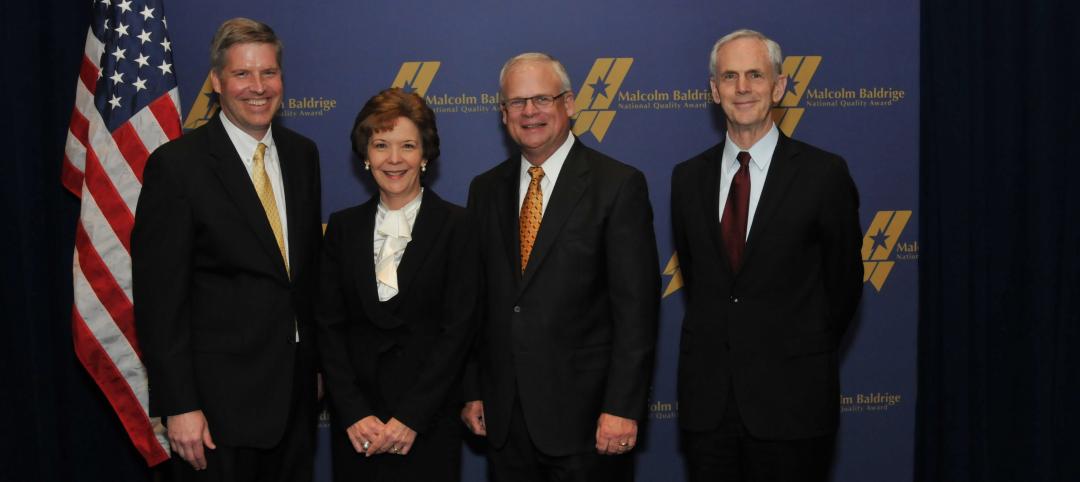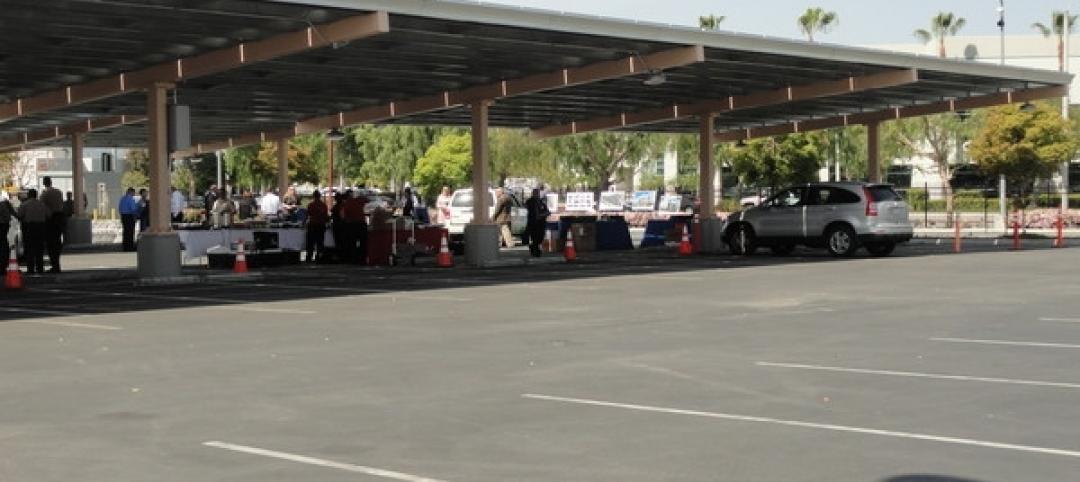Global management consulting firm McKinsey recently launched the Net Zero Built Environment Council, a cross-sector coalition of industry stakeholders aiming to decarbonize the built world.
The council’s chief goal is to collaboratively create new pathways to cut greenhouse gas emissions from buildings.
The Council will support stakeholders to create and commercialize new green innovations, create global sustainability metrics and research, and promote cost-effective pathways to “decarbonizing everything from construction methods to materials,” according to McKinsey.
The council will work to align siloed supply chains, construction projects and markets, and help industry players tap into an estimated $800 billion to $1.9 trillion in potential green markets. The launch of the Net Zero Built Environment Council comes alongside the release of a new McKinsey report that identifies a lack of collaboration within the built environment ecosystem as a key obstacle to decarbonization.

McKinsey’s research found that 76% of emissions from an average building are caused by operations, demonstrating a need for collaborative decarbonization across the entire built environment life cycle, not just during construction.
The report found that half of all emissions across the built environment could be eliminated with little extra cost, while 20% will be more costly and complex to decarbonize, such as cement and steel, requiring more industry partnerships to reduce costs and risks for all new materials and technologies.
3 goals of the Net Zero Built Environment Council
To help facilitate the critical elements for change, we are launching the Net Zero Built Environment Council, which brings together many of the leading incumbents and new scale-ups across the built-environment ecosystem. Along the lines of the three ingredients covered in this article, the council’s ambitions can help with the following actions:
- Create transparency. Establish a fact-based perspective on a possible cost-effective recipe (translate the most powerful technology and other levers into a simplified playbook that applies to major building archetypes).
- Raise awareness of what is doable. Remove perceived barriers to decarbonization, capture the interest of decision makers, and spur “positive pressure” and acceleration to act.
- Stimulate partnerships and encourage initiative. Enable execution via innovative financial models, deployment of technologies, and scaling of efforts by bringing together stakeholders from across the built environment, whether by jointly commercializing technologies at scale or by identifying and creating lighthouse projects.
All contributors along the value chain must come together to overcome systematic challenges and increase transparency on cost-effective pathways to reach decarbonization goals and spread awareness to the entire sector. In this sense, the Net Zero Built Environment Council represents an important step forward in uniting industries and sectors—not only to achieve their climate ambitions but also to create green growth in the built environment.
Related Stories
| Apr 20, 2012
McCarthy completes Santa Barbara Cottage Hospital Replacement Facility
The new hospital’s architectural design combines traditional Santa Barbara Spanish colonial architecture with 21st century medical conveniences highlighted by a therapeutic and sustainable atmosphere.
| Apr 20, 2012
Registration open for Solar Power International 2012 in Orlando
President Bill Clinton to deliver keynote address at ?largest solar energy event in the Americas.
| Apr 18, 2012
Positive conditions persist for Architecture Billings Index
The AIA reported the March ABI score was 50.4, following a mark of 51.0 in February; greatest demand is for commercial building projects.
| Apr 17, 2012
Princeton Review releases “Guide to 322 Green Colleges”
The guide profiles 322 institutions of higher education in the U.S. and Canada that demonstrate notable commitments to sustainability in their academic offerings, campus infrastructure, activities and career preparation.
| Apr 17, 2012
FMI report examines federal construction trends
Given the rapid transformations occurring in the federal construction sector, FMI examines the key forces accelerating these changes, as well as their effect on the industry.
| Apr 17, 2012
Freese and Nichols awarded Malcolm Baldridge National Quality Award
Freese and Nichols is the only engineering and architecture firm to ever receive this recognition.
| Apr 17, 2012
Miramar College police substation in San Diego receives LEED Platinum
The police substation is the first higher education facility in San Diego County to achieve LEED Platinum Certification, the highest rating possible.
| Apr 16, 2012
University of Michigan study seeks to create efficient building design
The result, the researchers say, could be technologies capable of cutting the carbon footprint created by the huge power demands buildings place on the nation’s electrical grid.
| Apr 16, 2012
$80 million in export financing for solar project in India
The project, “Rajasthan Sun Technique Energy Private Limited,” is a subsidiary of Reliance Power and is being co-financed by the Asian Development Bank and FMO, the Dutch development bank.
| Apr 12, 2012
Solar PV carport, electrical charging stations unveiled in California
Project contractor Oltman Construction noted that the carport provides shaded area for 940 car stalls and generates 2 MW DC of electric power.



